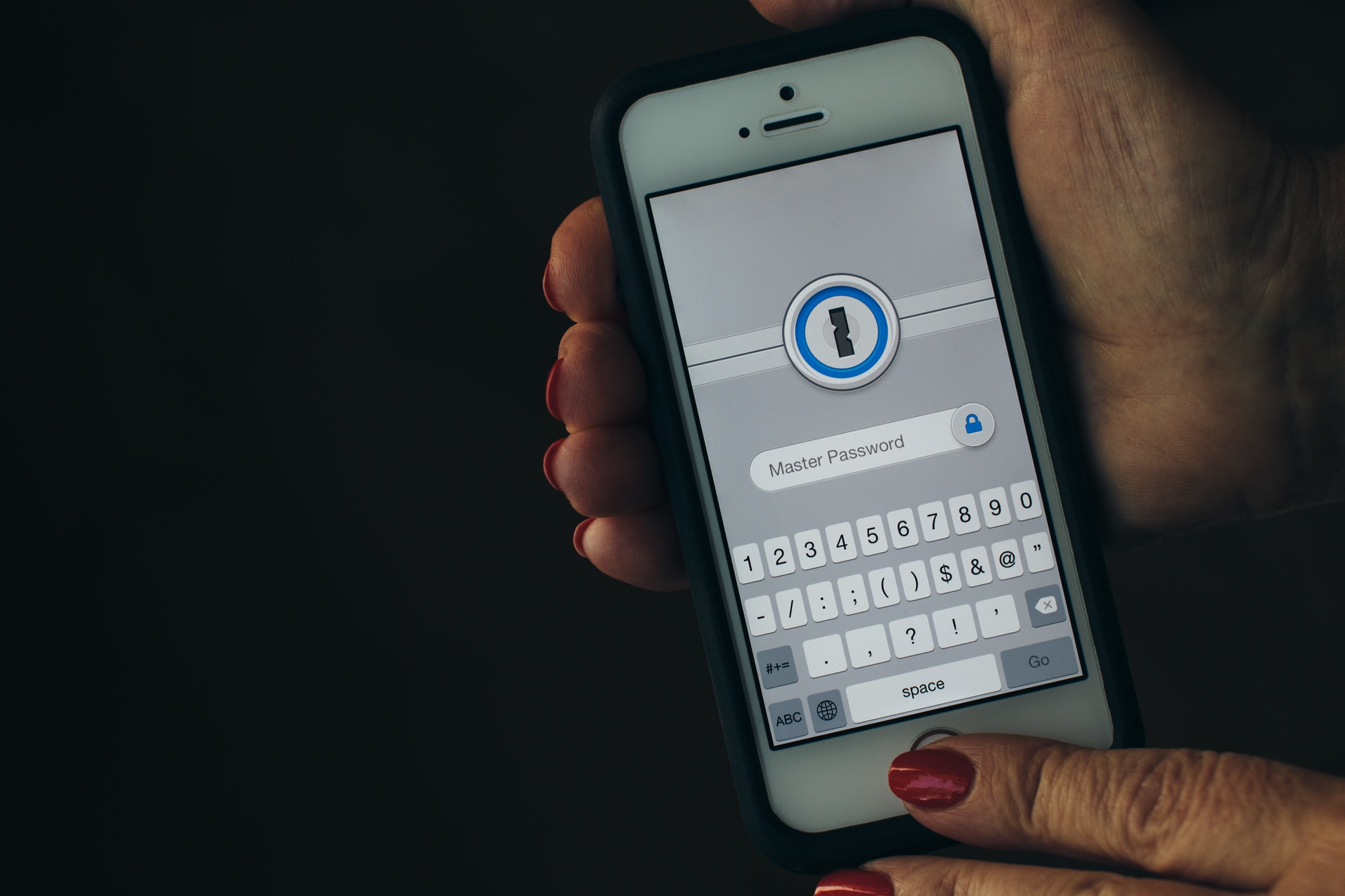FBI Director Christopher Wray and Attorney General William Barr criticized Apple Monday for “effectively no help” in unlocking iPhones belonging to the shooter behind December’s attack at the Naval Air Station in Pensacola, Florida that killed eight people. Apple responded saying the accusations were “false claims” and an “excuse” by the Justice Department to weaken mobile phone encryption and privacy.
It was revealed Monday that the shooter had links to Al-Qaida after the FBI successfully unlocked the iPhones belonging to Mohammed Saeed Alshamrani, a Saudi military trainee. Apple had refused to help directly in unlocking the devices.
Barr accused Apple of not helping with the investigation and that it had been a “great disappointment.”
“Apple has made a business and marketing decision to design its phones in a way that only the user can unlock the contents no matter what the circumstances,” Barr said in a press statement. “In cases like this, where the user is a terrorist, or in other cases where the user is a violent criminal, a human trafficker, a child predator, Apple’s decision has dangerous consequences for the public safety and the national security and is in my judgment unacceptable.”
During a press conference, Wray criticized Apple for not helping its investigators in unlocking the two devices. Wray said the entire process of cracking the iPhones took four months and “large sums of taxpayer dollars.”
Apple hits back
Apple responded in a written statement obtained by Bloomberg reporter Mark Gurman, saying Apple did cooperate with authorities, but that it would not create a “backdoor” to its products citing privacy concerns.
In its statement, Apple said:
“The terrorist attack on members of the US armed services at the Naval Air Station in Pensacola, Florida was a devastating and heinous act. Apple responded to the FBI’s first requests for information just hours after the attack on December 6, 2019 and continued to support law enforcement during their investigation. We provided every piece of information available to us, including iCloud backups, account information and transactional data for multiple accounts, and we let continuous and ongoing technical and investigative support to FBI offices in Jacksonville, Pensacola, and New York over the months since.
On this and many thousands of other cases, we continue to work around-the-clock with the FBI and other investigators who keep Americans safe and bring criminals to justice. As a proud American company, we consider supporting law enforcement’s important work our responsibility. The false claims made about our company are an excuse to weaken encryption and other security measures that protect millions of users and our national security.
It is because we take our responsibility to national security so seriously that we do not believe in the creation of a backdoor — one which will make every device vulnerable to bad actors who threaten our national security and the data security of our customers. There is no such thing as a backdoor just for the good guys, and the American people do not have to choose between weakening encryption and effective investigations.
Customers count on Apple to keep their information secure and one of the ways in which we do so is by using strong encryption across our devices and servers. We sell the same iPhone everywhere, we don’t store customers’ passcodes and we don’t have the capacity to unlock passcode-protected devices. In data centers, we deploy strong hardware and software security protections to keep information safe and to ensure there are no backdoors into our systems. All of these practices apply equally to our operations in every country in the world.”
Apple has reiterated multiple times in different investigations that there is no such thing as a backdoor for law enforcement to gain access to private data on its iPhone’s. Apple apparently plans to stand behind it’s refusal to create a way for data to be accessed. The company has repeatedly said weakening its encryption would create bigger problems and allow malicious attacks to become an even bigger problem.


